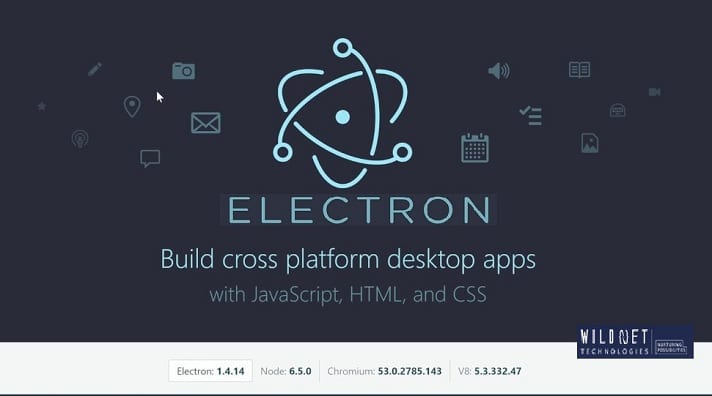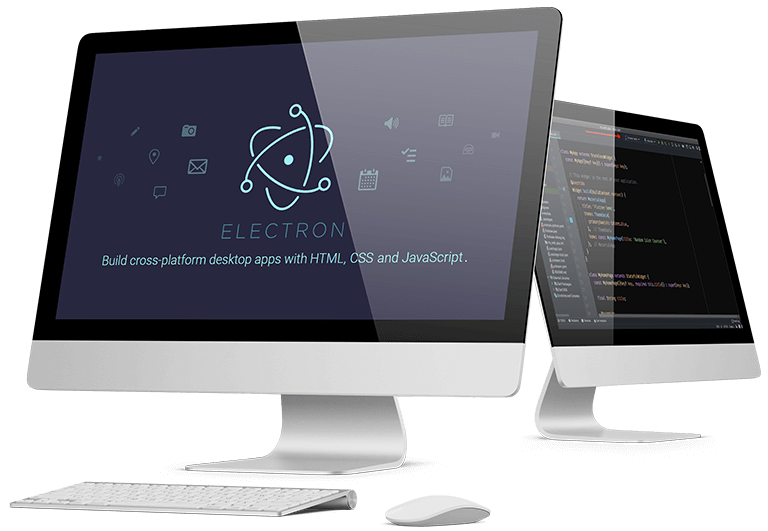ChatGPT and how it is a great learning tool - DEV Community
In this article, I would like to share my experience using ChatGPT as a learning tool, which has proven to be extremely valuable in my journey of learning a new technology. Specifically, I am focusing on creating desktop applications with electron.js as part of my exploration into the web stack. If you are interested, I have a detailed playlist documenting my process.
Currently, I am utilizing the free version of ChatGPT, which despite being free, offers incredible power and versatility. With the recent integration of the GPT-4o model, the tool has become even more robust. The enhanced capabilities of GPT-4o allow me to delve into a wide range of topics with just a single query.

Exploring Electron.js with ChatGPT
Electron.js is an open-source framework developed by GitHub that enables developers to build cross-platform desktop applications using web technologies like HTML, CSS, and JavaScript. ChatGPT has been instrumental in providing me with valuable insights on Electron.js.

By asking specific questions related to Electron.js, ChatGPT-4o has guided me through creating a basic Electron.js application step-by-step. From setting up a new Node.js project to creating the main entry point file and HTML file, ChatGPT has been an invaluable mentor in my learning journey.
With the help of ChatGPT, I now have a fundamental Electron.js application up and running. I can further explore advanced features such as integrating with native modules, handling file operations, and more, with reference to the official Electron documentation.
Database Options for Electron.js Applications
In addition to application development, ChatGPT has also provided insights on database options suitable for Electron.js applications. Popular choices include SQLite, MySQL, PostgreSQL, MongoDB, Firebase Firestore, and Supabase, each catering to different application requirements and architectures.
The choice of a database depends on factors like data complexity, scalability needs, and preference for SQL or NoSQL solutions. For instance, embedded databases like SQLite are ideal for simple local storage, while client-server databases like MySQL are better suited for larger applications.
ChatGPT's ability to provide tailored responses based on specific queries has been immensely helpful in expanding my knowledge and understanding of Electron.js and related technologies.

Artificial intelligence tools like ChatGPT serve as valuable companions in our daily work and studies, offering support in various tasks and serving as extensions of our capabilities. As we continue to leverage such tools effectively, we enhance our productivity and learning experiences.
Thank you for reading through this article. Until next time!










